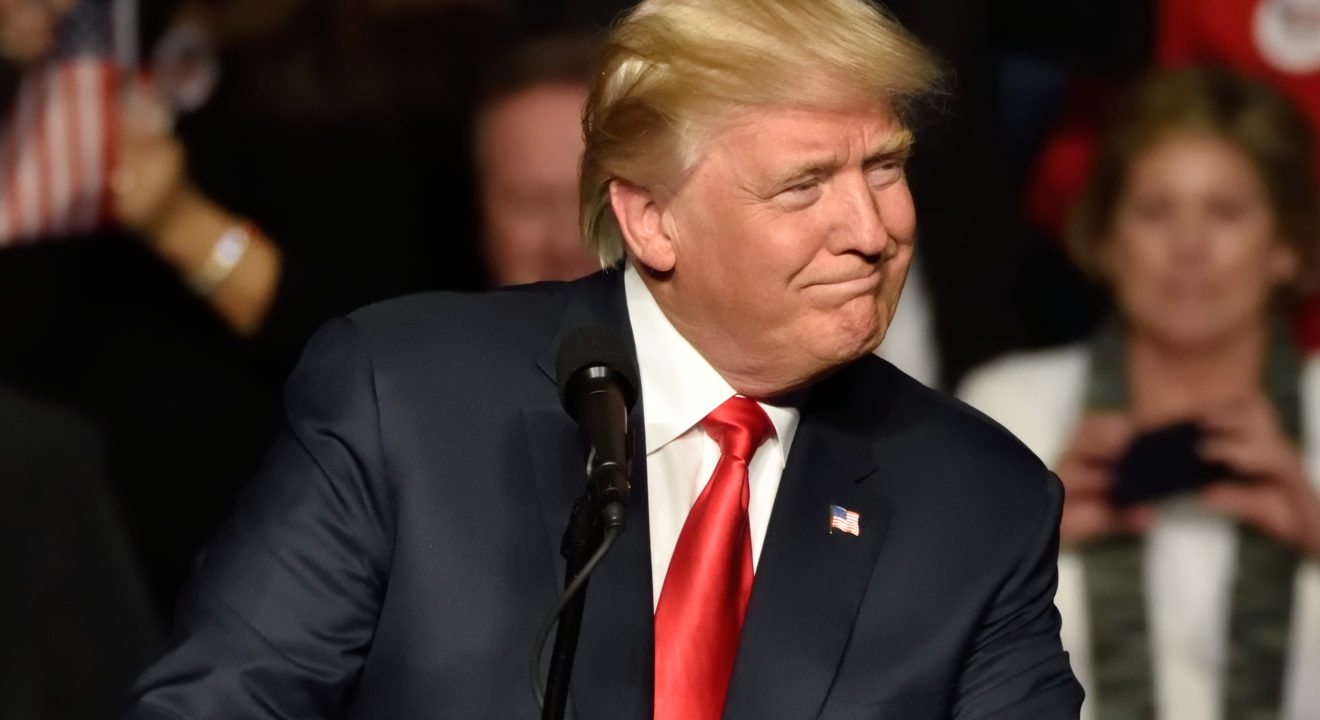Politics March 20, 2017


If you voted for Trump, you probably didn’t realize that you might also be voting for more expensive health care. After months of speculation, though, Trump’s health-care plan has finally been revealed…and, ironically, it’s not good news for many Republican states.
RELATED: No More Cheap Health Care for Politicians?
Estimates from the nonpartisan Congressional Budget Office predict that the average health-insurance premium for individual policyholders will increase by 15 to 20 percent in just one or two years. Even more shocking, however, are the predicted cuts in federal subsidies designed to help eligible families afford health insurance. To find out how much average households’ premium subsidies will change under Trumpcare, WalletHub analyzed 457 American cities. The results?
Nine out of the ten most negatively affected cities are in states that voted for Trump.
In Yuma, Arizona – the city expected to be hit hardest by Trumpcare – the average household will receive $7,815 less in premium tax subsidies (or refundable tax credit). That’s probably not what the 25,156 Yuma citizens who voted for Trump had in mind.
Dr. Lloyd Sederer, Chief Medical Officer of the New York State Office of Mental Health and author of books like “The Family Guide to Mental Health Care” sees more issues with Trump’s health care plan than just replacing Obamacare. When interviewed, he shared that officials are also considering switching Medicaid to a block-grant system. “This essentially freezes and reduces the budget, so that anything that the state spends beyond [the given budget] is 100% on the state’s back,” Sederer explains. “New York state has estimated that if Medicaid will block grant, this will result in an immediate 5 billion dollar reduction in the first year.”
RELATED: Let’s Talk Mental Health: The Real Reasons Mental Illness is Still Taboo
Meanwhile, it’s also interesting that 8 out of the 10 cities expected to be affected the least by Trumpcare are in states that voted for Hillary Clinton – though it’s worth mentioning that most of these cities are in the same two states: California and Colorado. For instance, Huntington Beach, CA, received an average of zero dollars in tax subsidies under Obamacare…but this will jump to $6,000 – the highest premium subsidy – under Trump. Various cities in Colorado, Florida (voted red), New Jersey (voted blue), Connecticut (voted blue), Massachusetts (voted blue), Minnesota (voted blue) and Texas (voted red) are predicted to receive the same jump in subsidies.
What’s the big deal of all these numbers? For the first thing, they reveal how differently Obamacare and Trumpcare would function. Under Obamacare, Yuma actually qualified for the highest premium tax subsidy: $12, 815. Under Trumpcare, though, a household with the exact same characteristics but located in Honolulu, Hawaii; Henderson, Nevada; or St. Petersberg, Florida would instead receive the highest subsidy of $6,000.
Of course, this healthcare plan isn’t guaranteed. In fact, most experts interviewed by WalletHub don’t believe Trumpcare will pass as it’s presently written. As Stanford law professor Henry T. Greely explains: “I think the scale of the elderly/youth price disparities is a very big problem, the attraction for employers to drop coverage is a huge problem, and the reduced coverage under Medicaid is a gigantic problem. But there are others.”
All we have to say is this: although Trumpcare isn’t intended to hurt the states who voted for Trump, it seems like that’s exactly what it could do. And, while other states might benefit from Trump’s healthcare plan (as it’s written now), financial experts don’t seem to think that the advantages outweigh the drawbacks.
RELATED: Donald Trump’s Budget Proposal Is Basically a Giant Pissing Contest
And, if against all odds, Trumpcare does pass exactly as it is…well, let’s just say we won’t blame anyone living in the hardest-hit, Trump-supporting states for experiencing a little buyer’s regret.